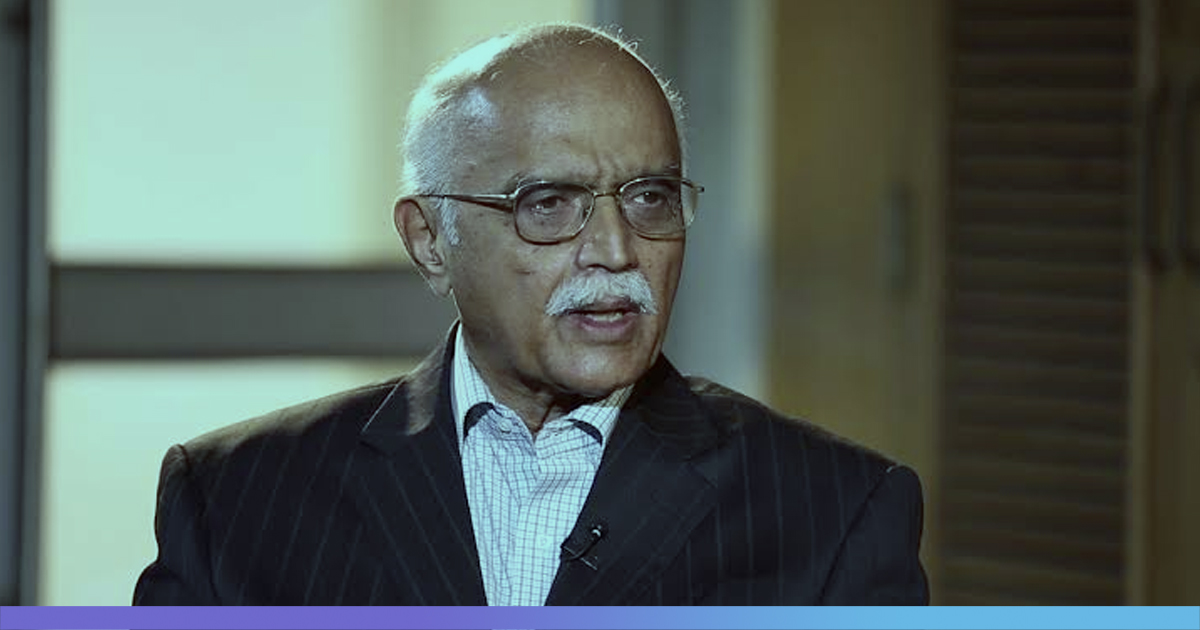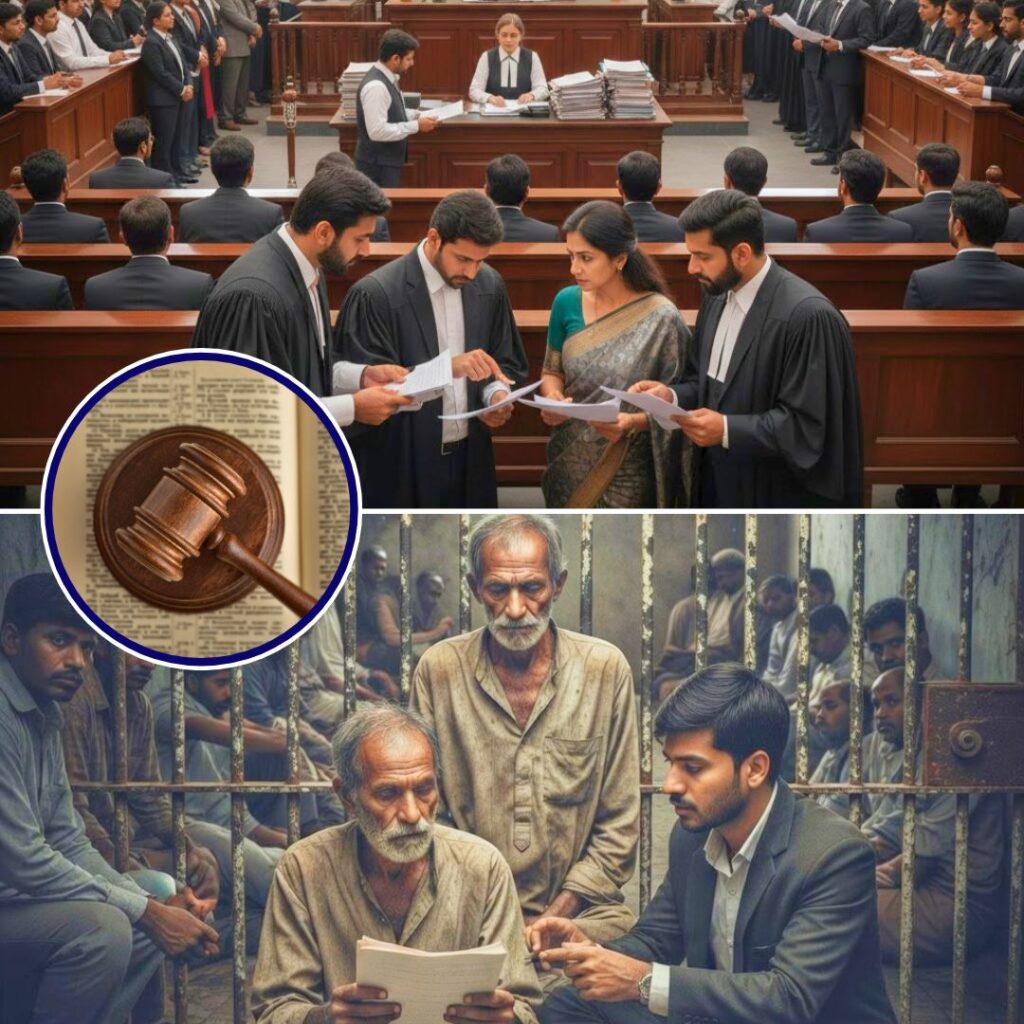As the South Asian region grows more intense with a sudden change of geo-political dynamics post abrogation of Article 370, The Logical Indian tries to explore what does the future have in keeps for India. In conversation with Vappala Balachandran, a former intelligence specialist for Research and Analysis Wing (RAW) and a former Indian police officer who has served for 19 years in foreign intelligence service and retired as a Special Secretary, Cabinet Secretariat, Government Of India in 1995.
Interviewer: What do you think about the escalating tension between India and Pakistan where both the countries were found taking international platforms to criticize each other under the pretext of the abrogation of Article 370?
Balachandran: There is nothing unusual about it. India says that both countries have agreed to settle all disputes bilaterally. Hence the dispute should not be internationalized. However, both countries have been flouting the Simla Accord of July 2, 1972, by speaking against each other during every September UN General Assembly session.
Both India and Pakistan complain against others during high-level visits to foreign countries also. Pakistan quotes Clause 1 sub-para 2 of Simla Accord stating that both countries would settle the disputes through bilateral negotiations or any other peaceful means mutually agreed upon between them. Taking advantage of this, Pakistan justifies third-party mediation since India does not want to talk with them. India does not want to engage in bilateral talks on grounds of terrorism. Pakistan appeals to the international community to advise India to talk to them.
After India’s unilateral abrogation of Article 370, Pakistan is complaining that India has flouted Clause 1 sub-para 2 of Simla Accord which says that neither side shall unilaterally alter the situation. By altering the status of Kashmir and separating Ladakh from it, India has also flouted UN Resolutions Nos 39(1948) and 47(1948).
Interviewer: What future does the Kashmir hold after the abrogation and remained paralysed for 70 days of communication blackout in the Valley?
Balachandran: I feel that it would fizzle out due to global outrage.
Interviewer: Do you think the move will only further push more people to join the militant outfits?
Balachandran: Yes. To put it bluntly, NDA (2) government has achieved for Pakistan what their ISI could not, by alienating the common Valley public against India.
Interviewer: What is the fate of sectarian politics in Kashmir that many separatist leaders who are now incarcerated, pedalled on?
Balachandran: This is yet to be seen. We shall see the reaction only when they are released.
Interviewer: How do you see international politics fanning out on Kashmir as US-backed India’s decision whereas Labor Party UK condemned it?
Balachandran: This is a major worry. The US State Department had issued a strong statement even when President Donald Trump had appeared along with our PM at the “Howdy Modi” event at Houston. Presidential hopefuls like Bernie Sanders and Elizabeth Warren had protested at the human rights violations in Kashmir. Democrat Congressman Brad Sherman, Chairman of the US House Subcommittee on Asia held a hearing on human rights in South Asia on October 22 particularly in the Valley, Sri Lanka and of Muslims in Assam.
Interviewer: What could be the probable repercussions for the whole South Asian region including China, who have claimed parts of Jammu Kashmir, post the abrogation as one cannot ignore the geographical placement of India, Pakistan, and China?
Balachandran: The status quo will remain. The recent visit of President Xi Jinping to India has revealed a desire to ensure that differences would not become disputes. The confusion regarding the boundaries with China is as a result of two maps: the Johnson line (1865) which put Aksai Chin with Jammu & Kashmir (India’s claim) and the McCartney- Macdonald line (1899) which showed Aksai Chin as claimed by China. This will need prolonged negotiations with China and cannot be resolved so early.
Interviewer: If you were to compare the security policies of the incumbent government to that of the former, what differences can you draw?
Balachandran: NDA (1) government’s policy on Pakistan has had so many twists and turns. First was Modi’s offer of friendship when he invited Prime Minister Nawaz Sharif to his swearing-in ceremony on 26 May 2014. That was good neighbourhood diplomacy although Modi had bitterly criticized his predecessor PM Manmohan Singh on 29 September 2013 for being weak-kneed on Pakistan. Then from August 18, 2014, onwards, he deliberately decided to traverse through a thorny path by calling off foreign secretary-level talks. Since then we saw only hostile rhetoric from both sides.
Then suddenly in July 2015, both PMs met at Ufa on the sidelines of the Shanghai Cooperation Summit. Interpretations of what was agreed upon differed. It was clear that Pakistan’s military was disappointed as they received no assurance from India of ‘keeping the peace’ on Pakistan’s eastern borders when they were busy against militants in Waziristan. Relationship nosedived after the serious Gurudaspur terrorist attack on July 27, 2015. Talks were resumed only after the Modi-Sharif meeting in Paris on November 30, 2015, after which a surprise NSA-level meeting was held at Bangkok on December 6. Then came the very surprise Modi visit to Lahore on December 25, 2015, when he was returning from Afghanistan. The last Indian PM visit to Pakistan was by Prime Minister Vajpayee in 2004. This was a goodwill gesture to Nawaz Sharif on the day of the marriage of his granddaughter.
However, the relationship plunged after the January 2016 Pathankot Air Force base terror attack. The Uri attack in September 2016 led to “Surgical strikes”. But this did not prevent another serious attack on Nagrota army camp in November that year. Since then NDA (1) decided to take a tough line against Pakistan. This line was evident throughout the electioneering leading to the April-May 2019 polls especially after the February 14, 2019 suicide attack on CRPF convoy killing 40 CRPF soldiers which resulted in the February 26, 2019, Indian Air Force strike on the Balakot training camp of Jaish-e-Mohammad in Khyber Pakhtunkhwa province of Pakistan.
Thus, unlike the UPA (1) and (2) governments, the Modi (2) government has finally decided to deal with Pakistan in a tough manner, politically, diplomatically and militarily.
Interviewer: Do you think the recent Imran Khan’s call for Jihad (as you explained in your recent article) had any impact on the FATF’s summit happened this October?
Balachandran: No. FATF does not consider political statements but only hard legal financial compliance. As this is written, Pakistan has escaped “Black-listing” at FATF by remaining in “Grey-List” for 4 months. This is not only because of Chinese help as the Chair on October 18 but also because of unexpected help from Turkey and Malaysia which had taken strong stands against Indian crackdown in Kashmir. It would appear that blocking the blacklisting needs only 3 countries and Pakistan was able to get those, partly perhaps because of our action against the civilian human rights in the Valley.
Interviewer: What would have meant for Pakistan if it had gotten blacklisted?
FATF was established in 1989 by the G7 Summit in Paris. The idea was to set up legal, regulatory and operational measures to prevent money laundering, terrorist financing and other threats to the national and international financial system. After 9/11 its importance was enhanced. Its secretariat is within the Organization for Economic Cooperation and Development (OECD) headquarters in Paris. There are 9 subgroups or regional centres. Pakistan was placed on the “watch list” (Grey list) even earlier.
In September 2019 their Asia-Pacific Group (APG) deliberated on Pakistan’s compliance in Bangkok. A high-level Pakistani delegation had met the APG in Bangkok to present their case. Indian media said that APG recommended Pakistan to be placed in “Black List” due to “visible inaction” against global terrorists. However, this was not confirmed by the international media. Shah Mahmood Qureshi, Pakistan Foreign Minister was quoted by Voice of America (VOA) on 5 October saying that it was Indian propaganda that Pakistan was recommended to be placed on “Black List”.
If placed under “Black List”, Pakistan would lose new foreign investments and face difficulties with the IMF and other international financial institutions at a time when its economy is facing the strain.
However, it needs to be remembered that Iran, which is already on “Black List” along with North Korea has dodged “FATF countermeasures” since 2016. It managed to evade “countermeasures” in the FATF meeting in Paris on February 2019 which considered Iran’s Anti-Money Laundering Act” and decided to postpone action until June 2019. FATF, even in their June 2019 meeting decided to wait till their October 2019 meeting to see whether Iran would comply with “Palermo and Terrorist Financing Conventions” in line with FATF standards.
Thus, it will not be a total catastrophe if Pakistan, even if placed on “Black List” or more correctly “FATF Public Statement” in future. Also like Myanmar in February 2016 it could be moved from “Public Statement “to “Grey List” (more appropriately FATF’s on-going global AML/CFT compliance process”) if it shows progress in the future.
Also Read: Minimum Wage In Delhi Is Now Rs 14,842, 55 Lakh Laborers To Get Benefited













